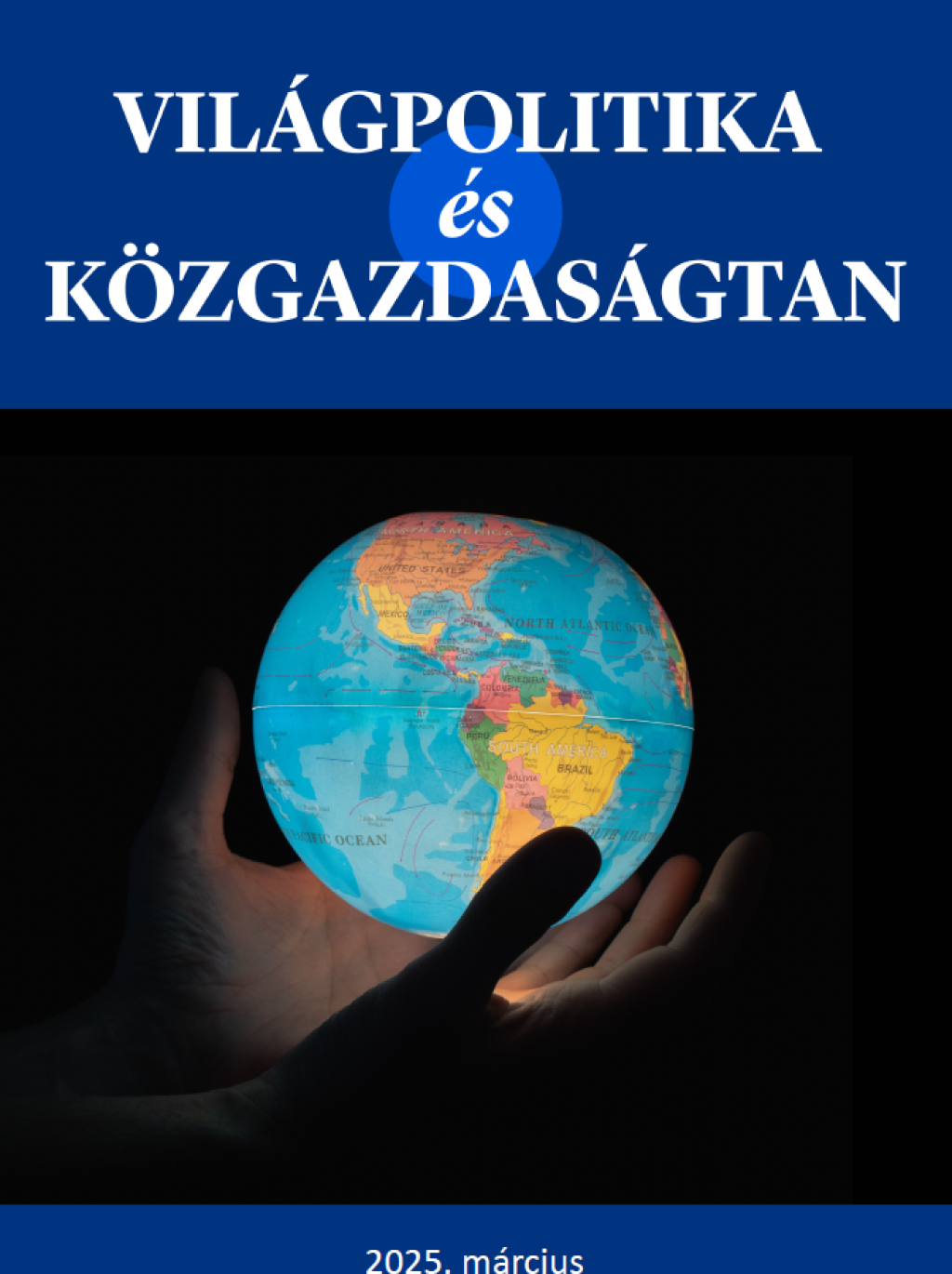Berle and Galbraith on American capitalism the great transformation of American capitalism in the 20th century
Author: Tamás Csontos
In: Világpolitika és Közgazdaságtan 4–2
DOI: 10.14.267/VILPOL2025.02.08
Abstract
The paper analyses the works of Adolf A. Berle and John Kenneth Galbraith, concerning the 20th-century great transformation of American capitalism. The aim of the study is to understand the theoretical legacy of the New Deal and apply its lessons to overcome neoliberalism. The examined works highlight that an important component of this transformation was the rise of the modern corporation, the changing role of the market and competition, as well as the rise of the welfare and industrial state. However, the authors provide different interpretations of the system, with Berle viewing it as an economic republic, while Galbraith interprets it as a technocracy. From the works of Berle and Galbraith emerges a theory that transcends neoliberalism, in which the corporate social responsibility increases, the instrumental role of the market and competition is strengthened, the relationship between the private sector and the state changes, and the scope of the state’s welfare function expands.




